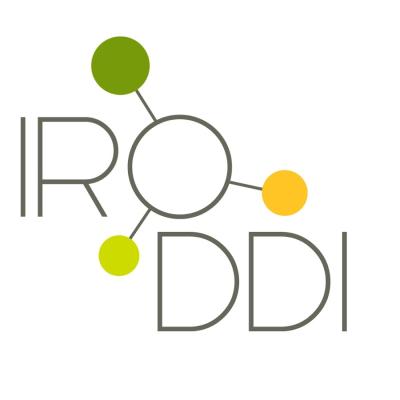
IRODDI
Innovative Refining Process for Valorization of Vegetable Oil Deodorizer Distillates

Innovative Refining Process for Valorization of Vegetable Oil Deodorizer Distillates
As Europe in particular seeks to transition to a bio-based economy, it is important that the sources of feedstock are maximised. One potentially important source is to be found in Europe’s vegetable oils/fats refining and oleochemical industries. This sector processes around 55 million tons of commodities per year, including converting rapeseed, sunflower seed, soybeans, and linseed, into oils and meals following crushing as well as processing crude tropical oils, notably palm oil, palm kernel oil and coconut oil, both of EU origin and imported. Most of the outputs are sold for food, feed, technical uses and energy applications.
Processing and refining oilseeds to obtain edible oils and precursor chemicals produces a variety of waste streams. One of these are the Free Fatty Acids (FFAs) contained in deodorisation distillates. Deodorisation is the final step in refining oils; it removes unacceptable odours, colours and tastes via vacuum distillation with steam stripping. These deodorisation distillates by-products are rich in free fatty acids. In addition, there are fractions containing valuable compounds – most notably tocopherol and squalene – that are also removed to the waste stream.
The IRODDI project aims to recover by-products rich in free fatty acids for manufacturing products with new functionalities, manufacturing surfactant products for food detergency applications, bio-lubricants and bio-polyols among the others. These will be used to develop new, greener processes for obtaining new bio-based products with specific properties and functionalities. It will also recover the valuable tocopherol without deteriorating the quality by using innovative technologies that use softer operational conditions than the traditional ones.
The overarching objective of the IRRODI project is to valorise the waste streams of the deodorisation process of vegetable oils refining. Within this, the project has a number of specific objectives. It will:
By achieving its overall objectives, the IRODDI project will seek to valorise a currently underused potential resource – the by-products of vegetable oil processing – to develop bioproducts of higher value than the biofuels currently obtained from the deodorisation distillates waste streams. In addition, it will also make contributions to specific BBI JU KPIs through: